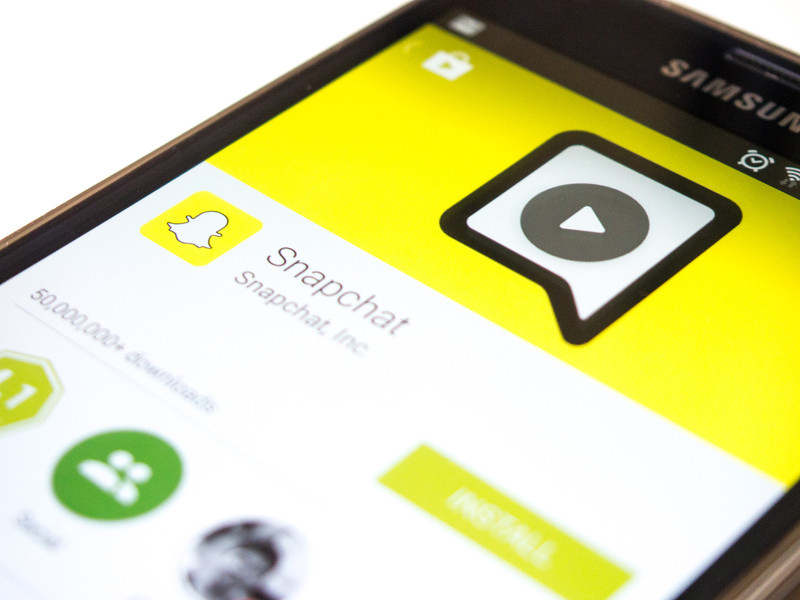 Fake Profile Pictures
Fake Profile Pictures
Fake profile pictures are used all over the Internet in association with fake profiles is a way for cybercriminals and spammers to bait people into engaging with that account in order to gain access to their computer or their personal information. It's important to know how to recognize a fake profile from a legit one ...
 YouTube Impersonation
YouTube Impersonation
Over the course of its 11-year history as a video-watching phenomenon, YouTube has garnered about a billion users worldwide, most of whom use the site to look up music. Within such a large population of users are those who may become deceived by YouTube impersonation accounts, which are accounts created and designed to make people ...
 Pinterest Impersonation
Pinterest Impersonation
Pinterest's increased popularity has led to the rise of Pinterest impersonations, whereby people impersonate your account behaviors and pins, making your friends and followers believe that they are you and then lure them to click on virus-laden links that give cybercriminals access to their computers.
Have You Been Hacked?
Check to see if your personal data was compromised.

 Twitter Impersonation
Twitter Impersonation
Twitter impersonations are a familiar problem on the social media site as reports indicate that between 5 and 10 percent of active Twitter accounts are actually fake. There are specific steps that a user can take to not only identify an impersonation account, but also to report and combat against it.
 Snapchat Impersonation
Snapchat Impersonation
Snapchat is a widely popular social media app that allows users to send pictures to their friends. Unfortunately, Snapchat's polarity has opened the door to certain cyber security issues such as users impersonating other users and taking advantage of people. This article will provide more information on Snapchat's policies and procedures for battling against impersonation ...
 Copyright Protection
Copyright Protection
Formal copyright protection is the best way to protect an original writing or work of art that you create and publish online, but there are easier ways to protect yourself and your creations that you should be aware of as well.
 Spambots
Spambots
Consumers should be wary of spambots, which are programs built to collect email addresses from the Internet to create lists that are used to send spam and to try to gain unauthorized access to computers.
 Instagram Impersonating
Instagram Impersonating
If you’re a millennial who owns a smartphone, then chances are that you’ve downloaded the Instagram app to take and share photos with the people in your life. About 20 percent of people who use the Internet also use Instagram – 90 percent of them are under age 35 – and it’s quickly become one ...

 Data Breaches
Data Breaches  Malvertising
Malvertising  Personal Data Security
Personal Data Security  Reputation Management
Reputation Management  Web-To-Lead Forms
Web-To-Lead Forms 

